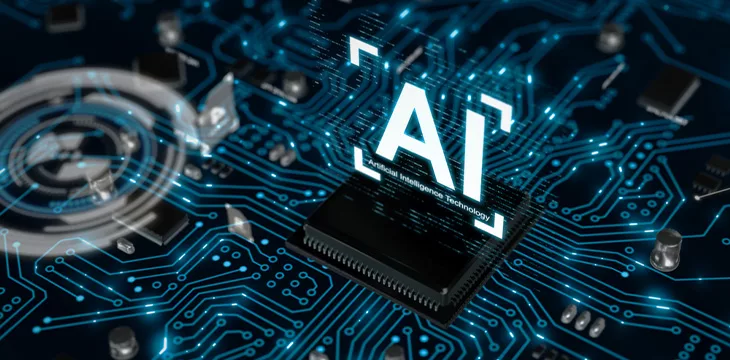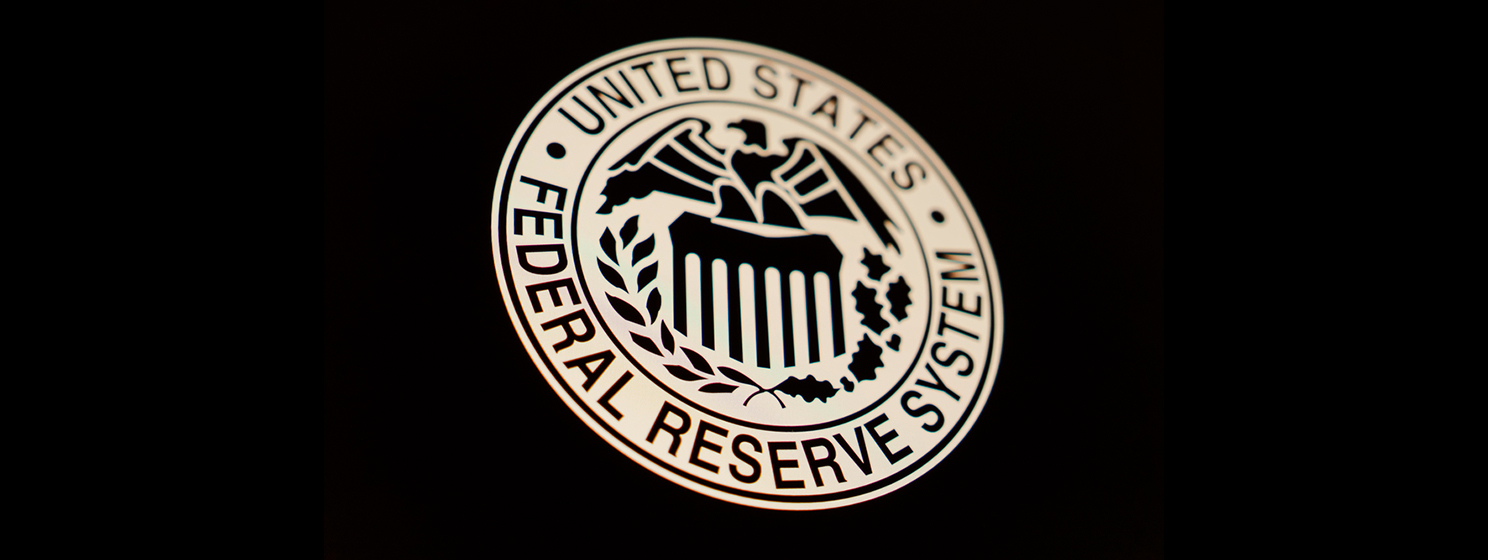
|
Getting your Trinity Audio player ready...
|
OpenAI CEO Sam Altman has opened discussions with global investors over the possibility of funding a network of artificial intelligence (AI) chip factories to keep pace with soaring demand.
Altman is seeking around $8 billion to $10 billion worth of funds to set up several AI chip fabrication plants around the globe, an endeavor that will require synergy between leading chip manufacturers backed by investment giants.
Altman is reportedly in talks with Japanese-based financial giant SoftBank Group (NASDAQ: SFTBF) and Abu Dhabi’s G42 over funding plans, but details remain sparse. The discussions with G42 have been underway since 2023, with Altman describing a potential chip partnership as laying the foundation “for equitable advancements in generative AI across the globe.”
Aside from SoftBank and G42, insiders say that Altman is still pursuing collaborations with other industry players to set up a network of chip fabrication plants. Although exact entities were not namechecked, industry experts are noting Intel Corporation (NASDAQ: INTC), Samsung Electronics, and Taiwan Semiconductor Manufacturing Co. (NASDAQ: TSM) as potential partners.
Altman’s approach to raising funds hinges on concerns that the chip supply will not be able to meet global demands for AI offerings by 2030. The OpenAI’s CEO argues that the ideal solution will be a collaborative effort to set up chip manufacturing plants rather than build in silos.
OpenAI has had its fair share of chip scarcity, rolling back a number of its offerings over a steady chip supply. To meet the rising demand, the company is reportedly mulling several options, including the prospect of building its chips from scratch and joining ranks with Google (NASDAQ: GOOGL) and Amazon (NASDAQ: AMZN) to explore an in-house solution.
Given the costs associated with an in-house approach, OpenAI may pursue the acquisition of a chip manufacturer as a short-term solution or expand its collaboration with existing partners. However, a potential acquisition opens its own can of worms, including an inquiry by antitrust regulators.
Governments are also involved
In 2023, Altman urged the South Korean government to double their investments in AI chip manufacturing as a veritable strategy to play a leading role in the nascent ecosystem. Currently, South Korea ranks behind the U.S., China, and Japan in chip manufacturing, but a concerted government involvement could see the country climb up the charts.
The OpenAI boss disclosed during his visit to South Korea that his firm will back local entities building chips for AI and other emerging technologies, with Samsung rumored to be in top position.
“We are exploring how to increase our investment in Korean startups,” said Altman. “We are excited to meet as many as we can here today. I think this type of collaboration is essential to our work.”
In order for artificial intelligence (AI) to work right within the law and thrive in the face of growing challenges, it needs to integrate an enterprise blockchain system that ensures data input quality and ownership—allowing it to keep data safe while also guaranteeing the immutability of data. Check out CoinGeek’s coverage on this emerging tech to learn more why Enterprise blockchain will be the backbone of AI.
Watch: How Artificial Intelligence cures the world’s loneliness epidemic
Recommended for you
Lorem ipsum odor amet, consectetuer adipiscing elit. Elit torquent maximus natoque viverra cursus maximus felis. Auctor commodo aliquet himenaeos fermentum
Lorem ipsum odor amet, consectetuer adipiscing elit. Accumsan mi at at semper libero pretium justo. Dictum parturient conubia turpis interdum

 11-11-2024
11-11-2024 


